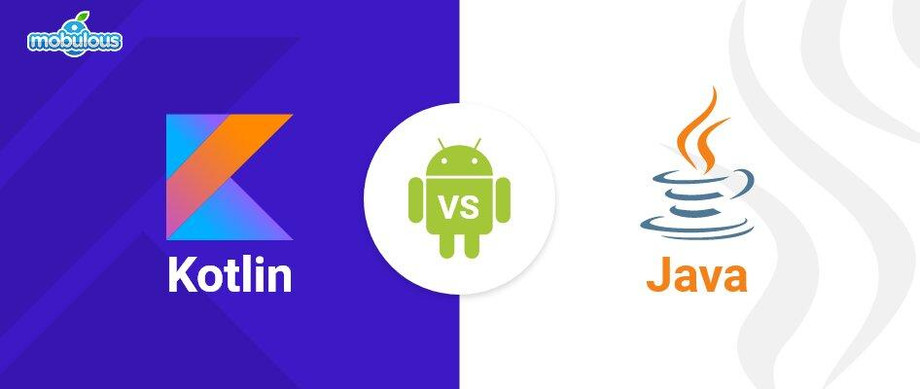When diving into the world of Android app development, one of the first decisions you'll encounter is choosing the programming language to build your app. Among the top contenders are Kotlin and Java. Both have their strengths and weaknesses, but which one reigns supreme? Let's embark on a journey to explore the nuances of Kotlin and Java, and ultimately determine which language holds the crown for Android app development.
Introduction
Before we delve into the battle between Kotlin and Java, let's understand the significance of choosing the right programming language for Android app development. Your choice can impact everything from development speed to app performance and maintenance.
Kotlin: The New Kid on the Block
Kotlin burst onto the scene in 2017 when Google announced it as an official language for Android development. Praised for its conciseness and null safety features, Kotlin quickly gained popularity among developers. Its seamless interoperability with Java allows developers to leverage existing codebases while embracing modern language features.
Java: The Veteran
Java has been the cornerstone of Android development since the platform's inception. With a vast ecosystem and extensive documentation, Java offers stability and reliability. Although it may lack some of Kotlin's modern features, it remains a robust choice for building Android apps.
Performance Comparison: When it comes to performance, both Kotlin and Java exhibit similar behavior. Since Kotlin compiles down to bytecode, it runs on the Java Virtual Machine (JVM) just like Java. Therefore, performance differences between the two languages are negligible.
Syntax and Readability: Kotlin's concise syntax and expressive nature make it a favorite among developers. With features like data classes and extension functions, Kotlin code tends to be more readable and maintainable compared to Java's verbose syntax.
Interoperability with Java: One of Kotlin's standout features is its seamless interoperability with Java. Developers can gradually migrate existing Java code to Kotlin or vice versa without any disruptions. This interoperability ensures a smooth transition for teams embracing Kotlin in their Android projects.
Tooling and Community Support: Both Kotlin and Java benefit from robust tooling and extensive community support. Kotlin's integration with Android Studio, coupled with its active community, provides developers with the resources needed to tackle any challenge they encounter during app development.
Learning Curve: For developers familiar with Java, transitioning to Kotlin is relatively smooth due to its similarity in syntax and structure. However, mastering Kotlin's advanced features may require some additional learning. On the other hand, newcomers to Android development may find Kotlin's modern syntax more intuitive compared to Java.
Adoption Rate: Since its official adoption by Google, Kotlin's popularity has surged, with many developers and companies embracing it for Android app development. While Java remains a dominant force, Kotlin's rapid growth indicates a shift towards adopting modern languages for Android development.
Future Outlook: As the Android ecosystem continues to evolve, Kotlin's future looks promising. With Google officially endorsing Kotlin and actively integrating it into Android development, the language is poised to become the de facto choice for building Android apps in the years to come.
Conclusion
In the battle between Kotlin and Java for Android app development, there's no clear winner. Both languages offer unique advantages, and the choice ultimately depends on your project requirements, team expertise, and long-term goals. Whether you opt for the familiarity of Java or the modernity of Kotlin, rest assured that you're equipped with powerful tools to bring your Android app ideas to life.

